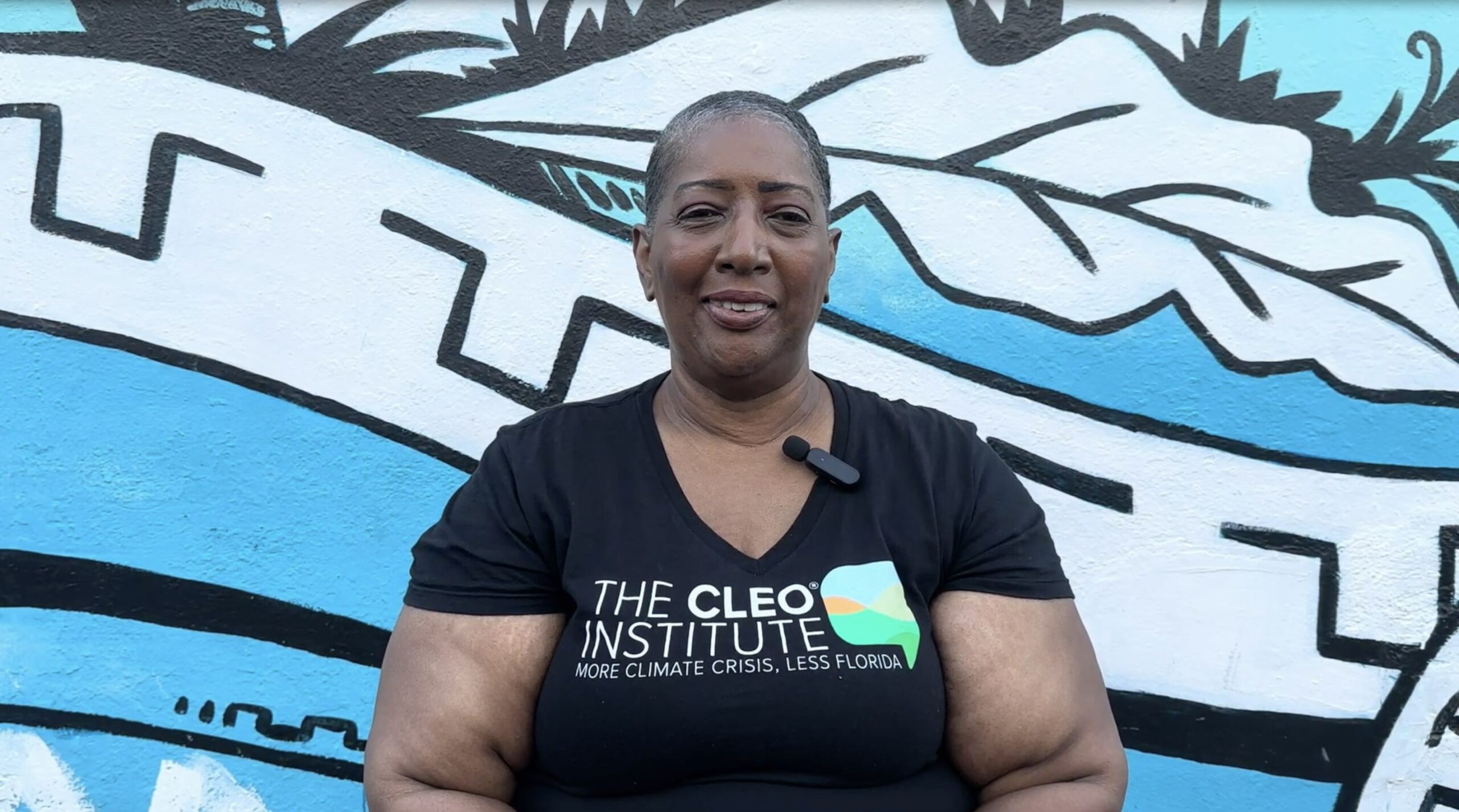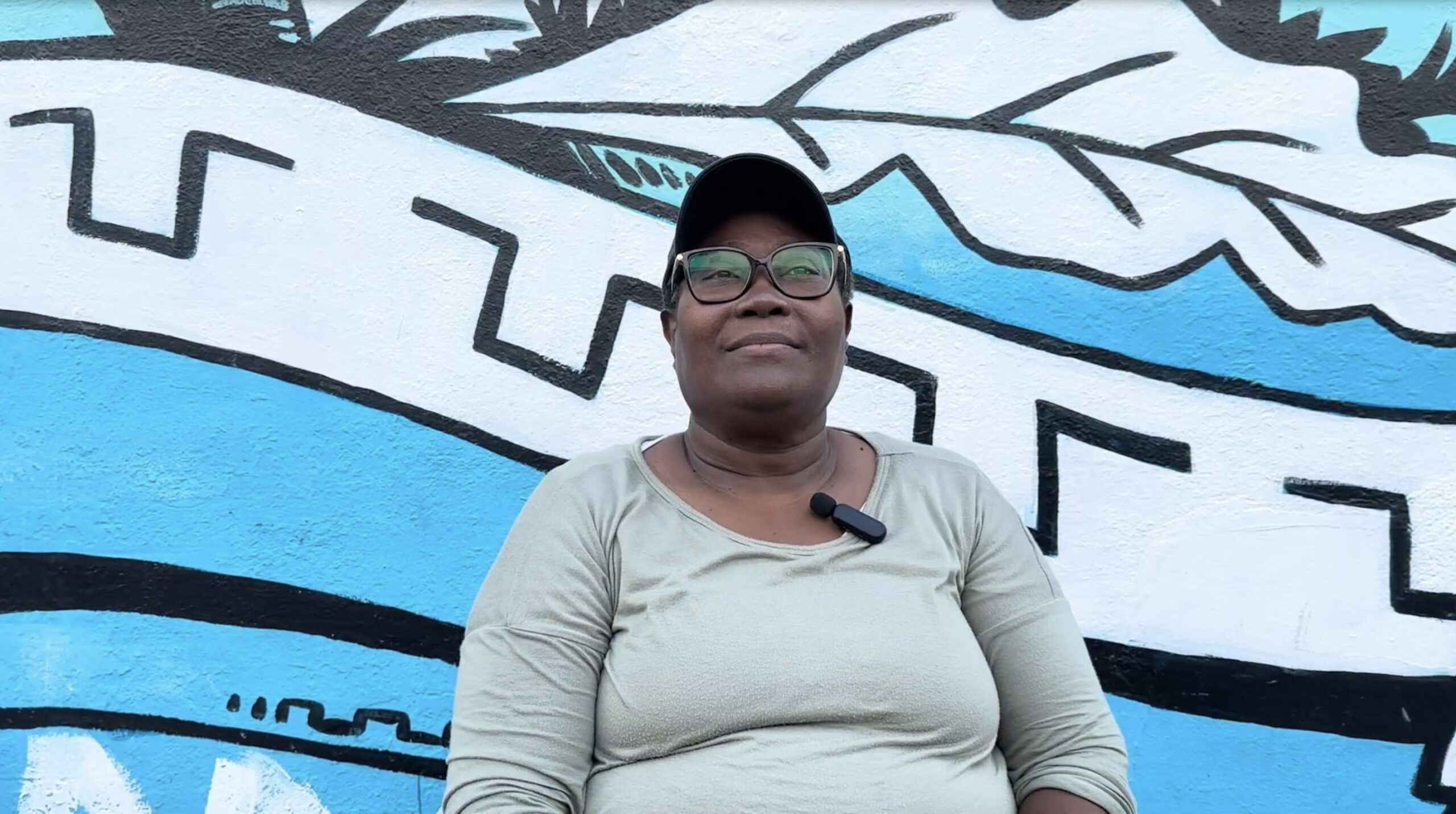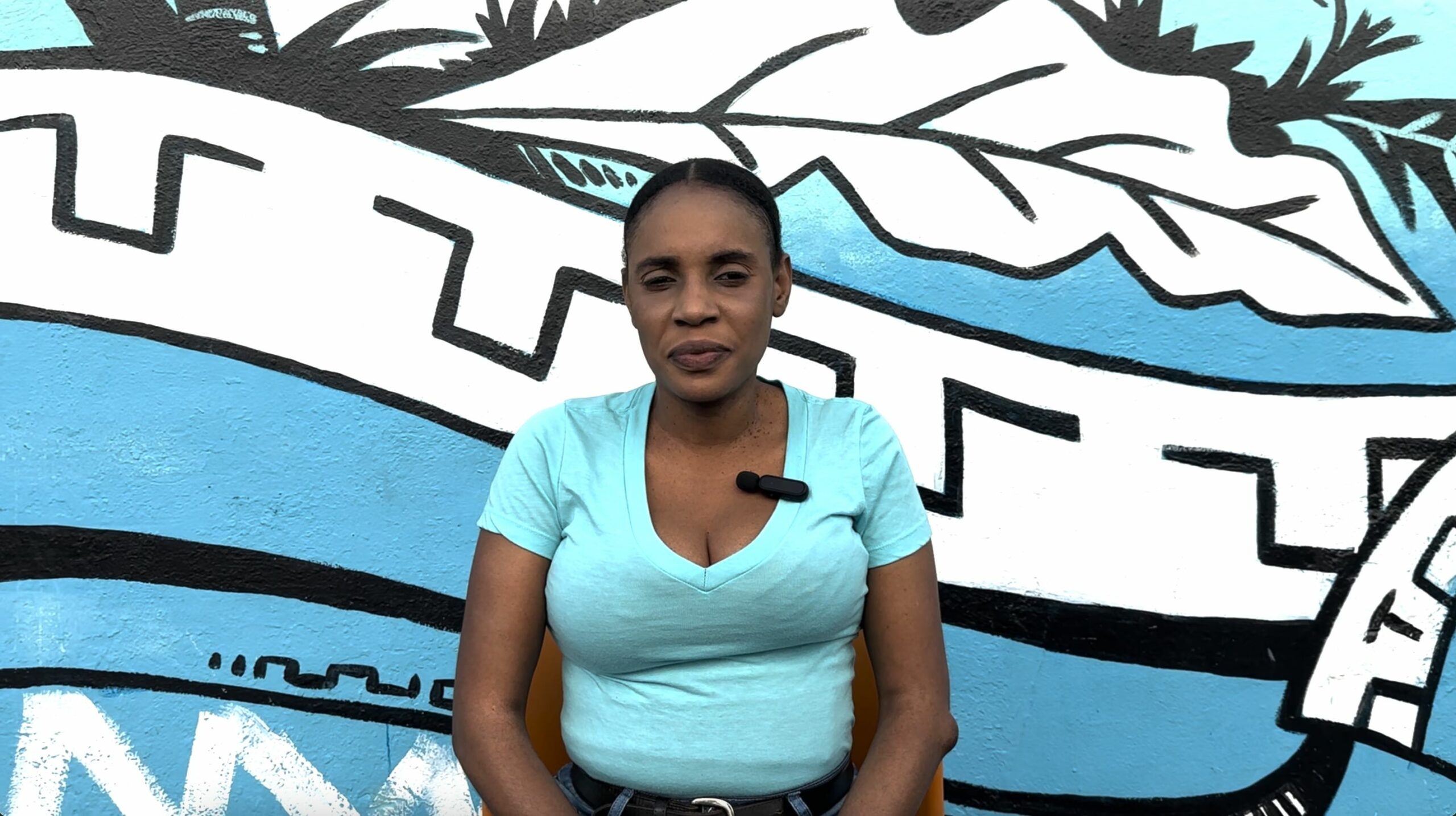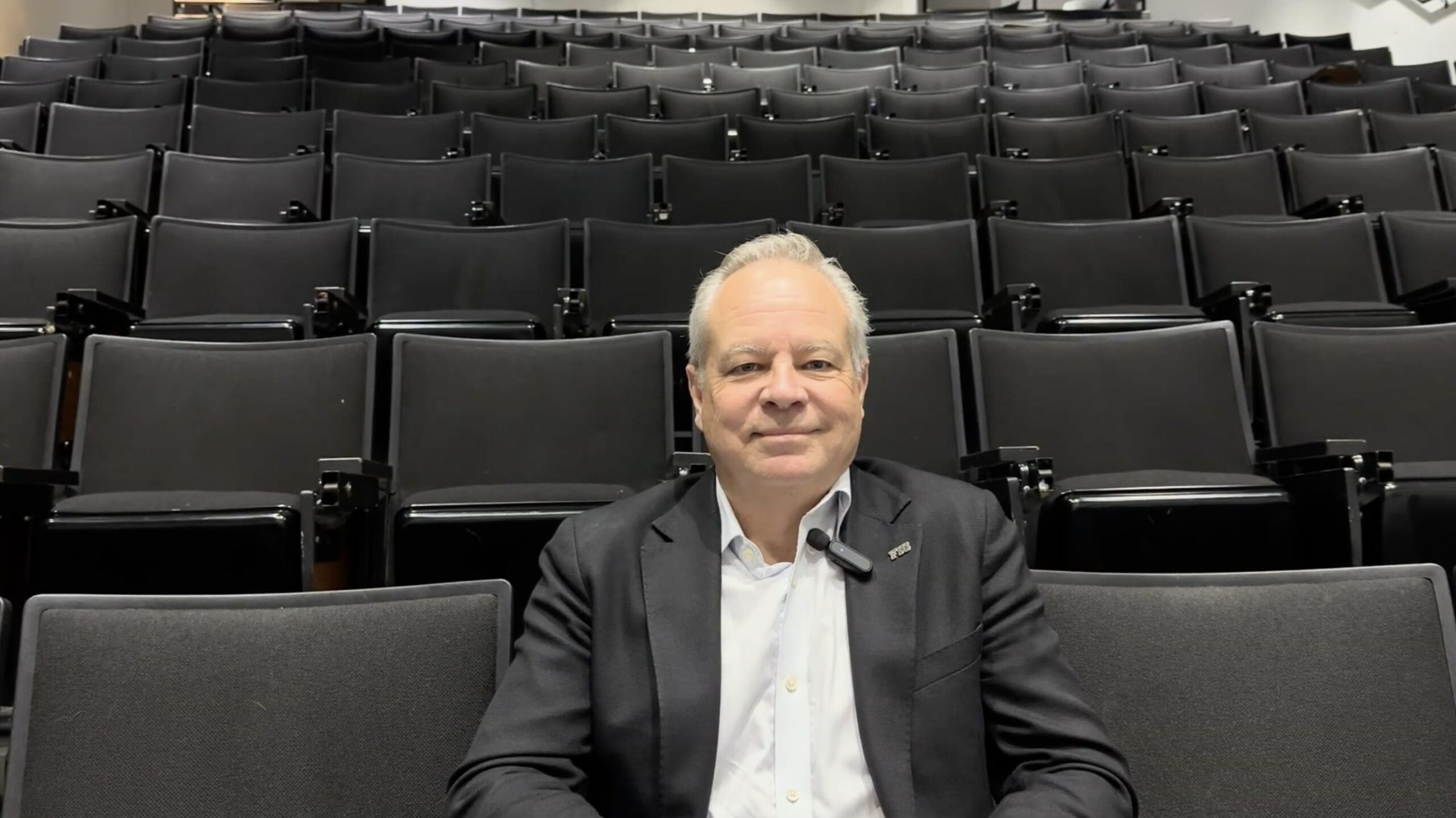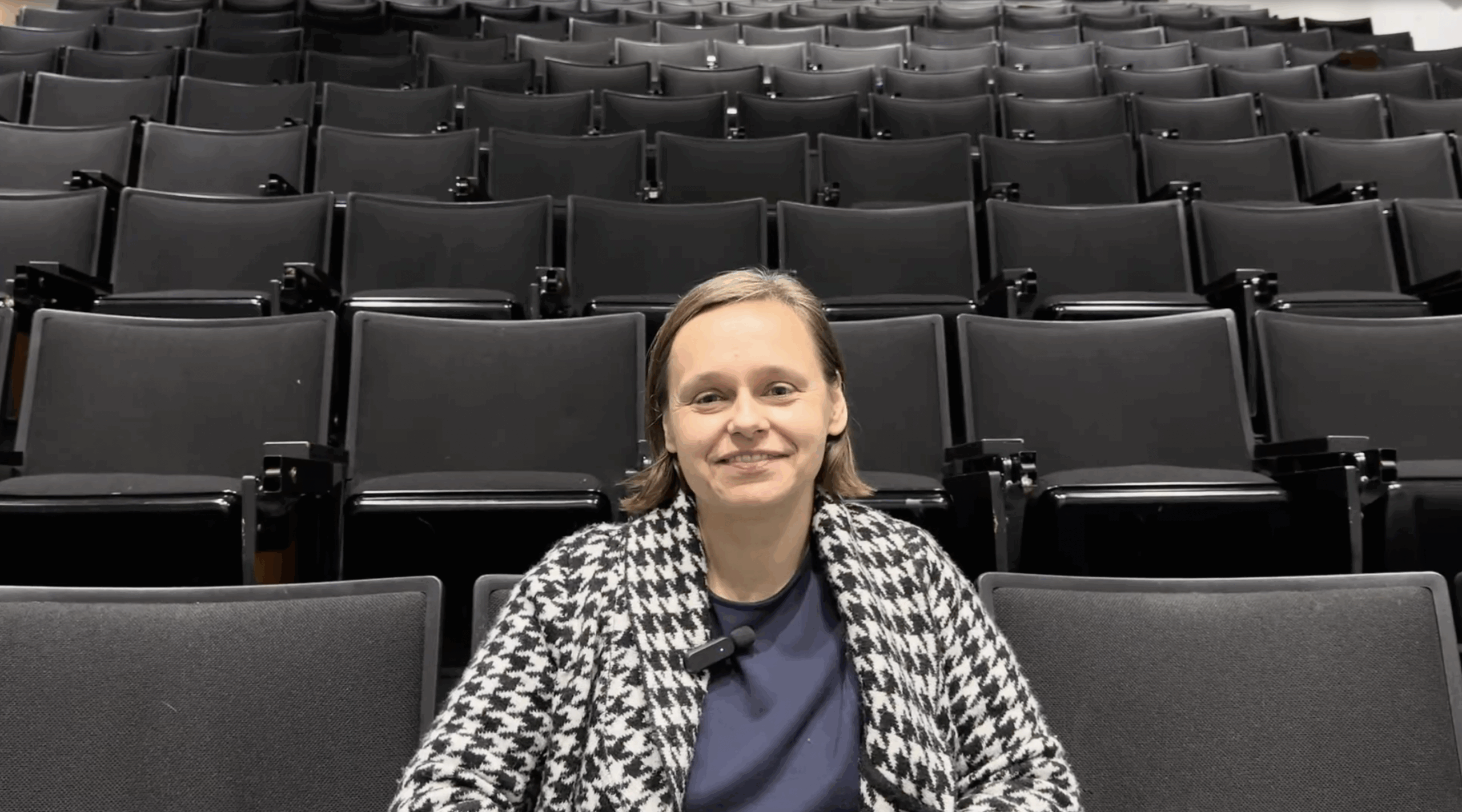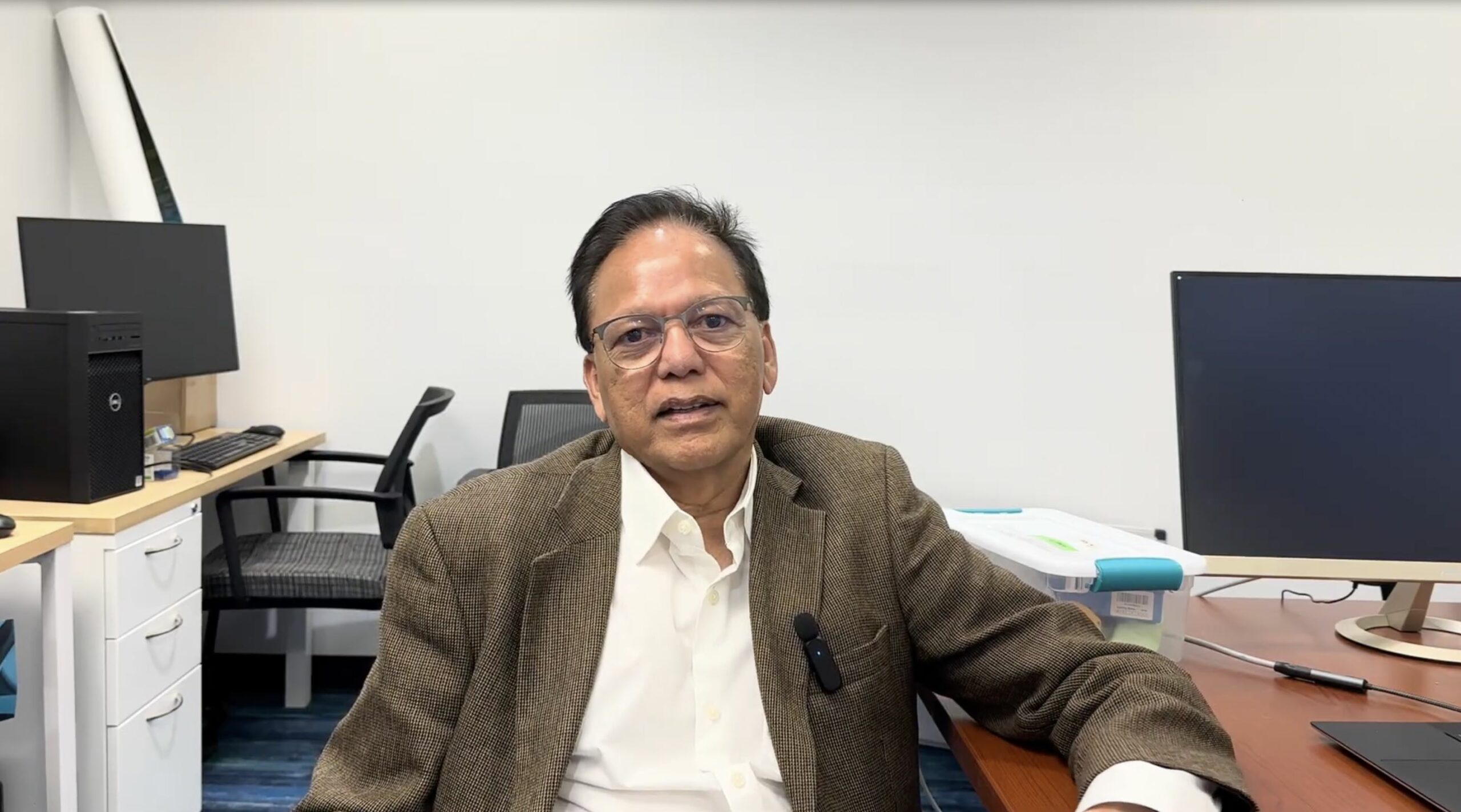
Jayantha Obeysekera is the director of the Sea Level Solutions Centre at the Institute of Environment at Florida International University (FIU) in Miami, a role he has held for nearly eight years. With a background in civil engineering and water resources, he has focused his efforts on climate change and sea level rise issues, particularly in Florida, but also globally. His work focuses on solutions to sea level rise and its impacts on coastal communities in Southeast Florida.
The impact of sea level rise in Miami
According to him, sea level rise is already a reality affecting communities in the Miami area. ‘This is not a future possibility, it is already happening and it is already affecting local communities.’ He highlights the scale of the problem, pointing out that the coastal areas of Miami, Broward, Palm Beach and Key West are all affected by these phenomena. He explains that the geological peculiarity of the region, with its permeable subsoil, makes it impossible to build walls to protect the coast, a major difference from other regions of the world.
Complexity of water and natural resource management
One of the main challenges facing South Florida is water management. ‘Water management in this region is very complex, with canals, pumping stations, reservoirs and control structures.’ In addition to water supply, which relies heavily on freshwater wells along the coast, the region faces frequent flooding and environmental impacts on the Everglades, a crucial ecosystem. Jayantha also mentions the complexity of water resource management, which is affected by sea level rise and saltwater intrusion into the groundwater.
Initiatives to raise awareness and take collective action
To raise public awareness of sea level rise issues, FIU’s Sea Level Solutions Centre organises events such as Sea Level Solutions Day. On this day, citizens and students participate in citizen science activities by collecting data on water depth and quality, particularly during spring tides. ‘This allows us to collect essential data for modelling water levels and other important variables.’
He emphasises the importance of close collaboration between communities, scientists and local authorities to identify sustainable solutions tailored to these environmental challenges.
The Southeast Florida Regional Climate Compact: collaboration for the future
He also refers to the Southeast Florida Regional Climate Compact, a regional initiative that brings together counties in the region to work in a coordinated manner on solutions to climate change. This collaboration enables the development of common strategies for climate change mitigation and adaptation, particularly in terms of water resource management and the development of ageing infrastructure.
Natural and adaptive solutions for coastal infrastructure
An important part of the Sea Level Solutions Centre’s approach is to promote the use of nature-based solutions, such as mangroves and vegetated dunes, to protect coastlines and maintain biodiversity. ‘We prefer not to rely solely on concrete infrastructure, but also on natural solutions that integrate better with the environment.’ Jayantha stresses the importance of adopting practices that not only repair the mistakes of the past but also anticipate future challenges.
Education and water conservation: concrete actions for the future
For him, education, especially among the younger generation, plays a central role in addressing these challenges. ‘We need to teach children to save water, conserve resources and understand the impact of their actions on the climate.’ He also mentions FIU’s efforts to provide information to schools and local communities on the importance of water conservation. At the regional level, measures are being taken to repair ageing infrastructure and adapt it to new climatic conditions, although the challenge is considerable.
The challenge of climate projections and future scenarios
Jayantha points out that the uncertainty of climate projections makes planning for the future even more difficult. ‘Sea level projections are still uncertain, but that shouldn’t paralyse us.’ Instead, he advocates a dynamic adaptive approach that involves adjusting strategies as conditions change. ‘We need to be ready to adapt as conditions change and ensure that our systems remain resilient in the long term.’
A message of hope for the younger generation
‘The message I want to convey is that there is always hope. Humanity never escapes problems, but by educating young people and involving them in the search for solutions, we can make a difference.’ He emphasises the crucial role that the younger generation plays in creating innovative and appropriate solutions for an uncertain future. ‘If we teach them to understand science and be creative, they will find solutions that we may not even have imagined.’ For him, the future of the planet depends on collective commitment and action, but also on the ability of young people to tackle environmental challenges with optimism and determination.
Testimonies from the same panel

